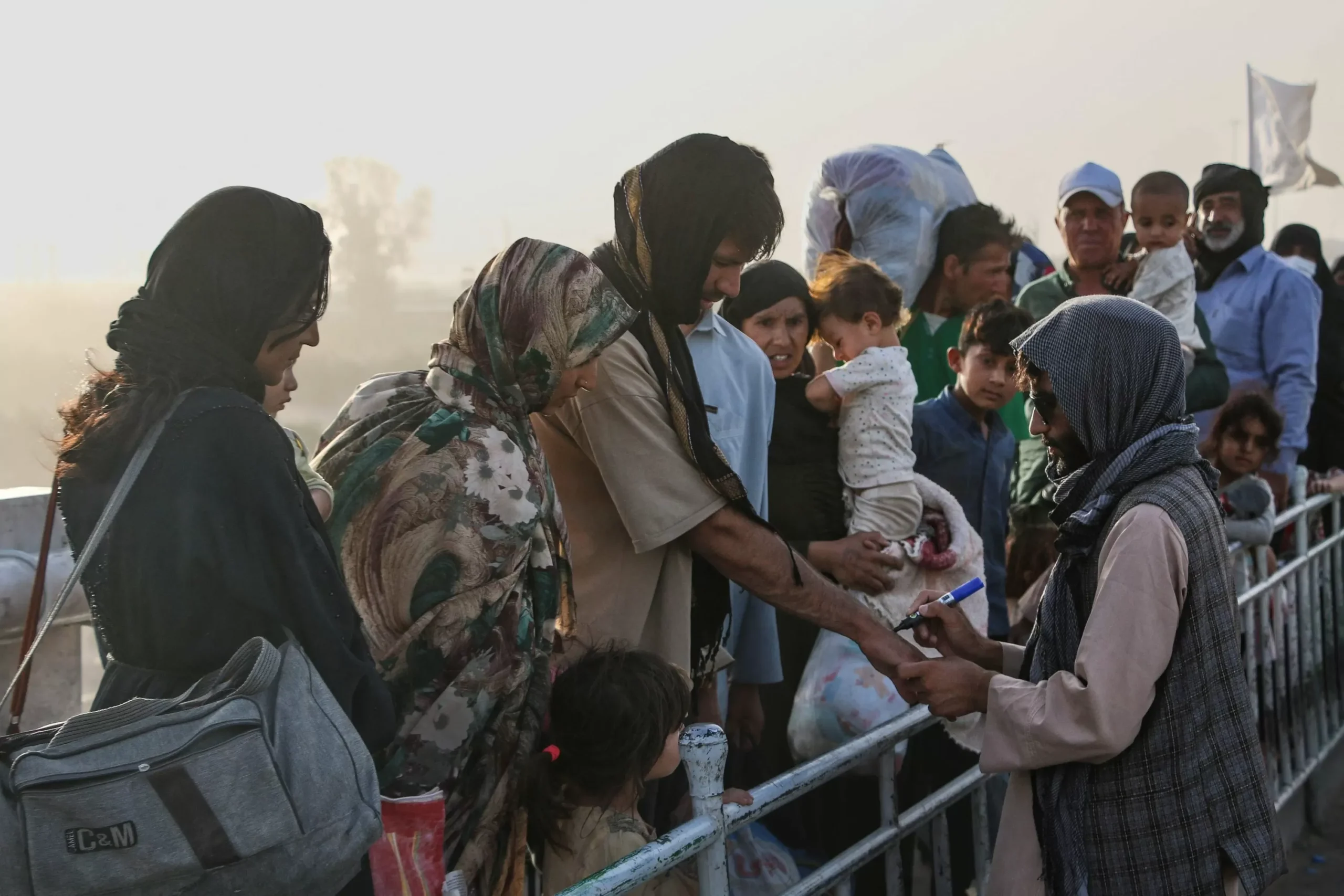The United Nations (U.N.) has recently accused the Taliban of committing serious human rights violations against Afghans who have been forcibly returned to their home country, specifically from neighboring Pakistan and Iran. This accusation has raised concerns about the treatment of refugees and the ongoing conflict in Afghanistan.
Over the past few years, Afghanistan has faced a significant increase in the number of people seeking refuge in neighboring countries due to the ongoing violence and instability in their home country. Pakistan and Iran have been the primary destinations for these refugees, with an estimated 2.6 million Afghan refugees currently living in Pakistan and 3.5 million in Iran. Many of these refugees have been living in these countries for decades, with their children being born and raised there.
However, due to various reasons, including economic pressures and political tensions, Pakistan and Iran have been increasingly pushing for the repatriation of Afghan refugees to their home country. The U.N. has expressed concerns that these returns are not voluntary and are being carried out without proper consideration for the safety and well-being of the refugees.
The U.N. High Commissioner for Refugees (UNHCR) has reported that between January and June 2019, more than 300,000 Afghan refugees have been forcibly returned from Pakistan and Iran. This is a significant increase from the previous year and has raised concerns about the treatment of these refugees upon their return to Afghanistan.
The U.N. has accused the Taliban of committing serious human rights violations against these refugees, including arbitrary detention, torture, and even executions. The U.N. Assistance Mission in Afghanistan (UNAMA) has documented several cases of returned refugees being targeted by the Taliban, including the killing of a group of 12 refugees in Herat province in July 2019.
These allegations have been strongly denied by the Taliban, who have stated that they do not target civilians and that any violence is a result of military operations against Afghan security forces. However, the U.N. has called for an immediate investigation into these allegations and for the perpetrators to be held accountable.
The U.N. has also expressed concerns about the conditions in Afghanistan, which is currently facing a severe humanitarian crisis. The ongoing conflict has resulted in widespread displacement and has left many people without access to basic necessities such as food, water, and healthcare. The U.N. has called for increased support for Afghanistan, both in terms of humanitarian aid and efforts towards lasting peace and stability.
The U.N. has also urged the governments of Pakistan and Iran to ensure the voluntary and dignified return of Afghan refugees, in line with international law. The UNHCR has emphasized the need for proper screening and assistance for refugees before their return, to ensure their safety and well-being.
The situation in Afghanistan is complex and multifaceted, with various actors involved in the ongoing conflict. However, it is crucial that the rights and safety of Afghan refugees are protected and that their repatriation is carried out in a humane and voluntary manner. The U.N. has stressed the importance of international support and cooperation in addressing these issues and finding a sustainable solution for the Afghan people.
In conclusion, the U.N. has accused the Taliban of serious human rights violations against Afghan refugees forcibly returned to their home country from Pakistan and Iran. This accusation highlights the need for increased efforts towards peace and stability in Afghanistan and the protection of the rights of all its people, including refugees. The U.N. calls for immediate action to address these issues and ensure the safety and well-being of all those affected by the conflict in Afghanistan.





![Complete BritRail Pass Guide [Types, How to Use It, Pros + Cons]](https://inside-news.uk/wp-content/uploads/2025/06/00221EB4-BCA2-4DBB-6CD4-83DBC37D71FA-120x86.webp)












